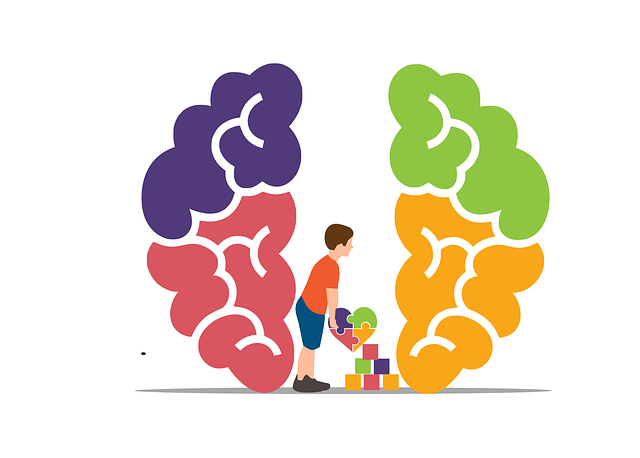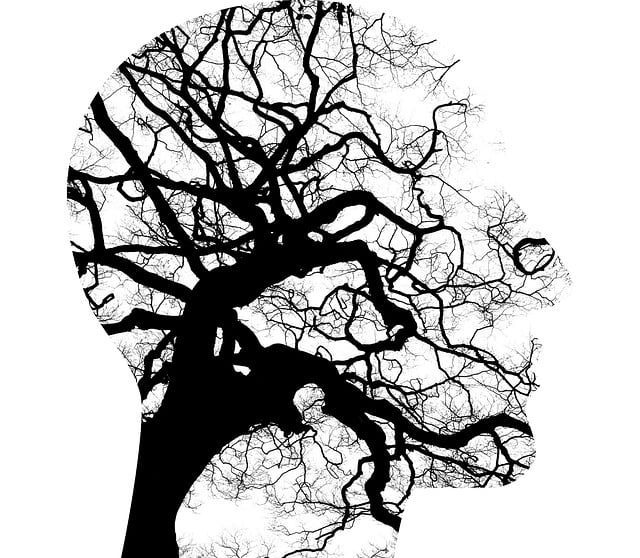Littleton Abuse Survivors Therapy (LAST) offers culturally sensitive mental healthcare, focusing on effective stress management for trauma survivors. Through safe, supportive environments, tailored techniques like Mindfulness Meditation, cognitive reframing, and physical activity, LAST empowers survivors to overcome heightened anxiety, depression, and flashbacks. This holistic approach combines personalized mindfulness exercises, group therapy, and education on mental health awareness to foster resilience, prevent burnout, and promote healing.
Stress management techniques are vital tools for Littleton abuse survivors looking to heal and rebuild their lives. This article explores the profound impact of stress on survivors, offering insights into effective coping mechanisms that foster resilience. We delve into practical strategies tailored specifically for Littleton abuse survivors, providing therapeutic approaches to manage and reduce stress, enhancing their journey towards emotional well-being. By understanding and implementing these techniques, survivors can embark on a path of recovery and reclaim their lives.
- Understanding Stress and Its Impact on Survivors of Abuse
- Effective Stress Management Techniques for Healing
- Practical Strategies for Teaching Stress Relief to Littleton Abuse Survivors
Understanding Stress and Its Impact on Survivors of Abuse

Understanding stress among Littleton abuse survivors is paramount when considering their therapeutic journey. Survivors often grapple with acute and chronic stress resulting from traumatic experiences, which can have profound effects on their mental health and overall well-being. The impact of abuse can lead to complex psychological responses, including heightened anxiety, depression, and flashbacks, making effective stress management a critical component of their recovery process.
Litttleton Abuse Survivors Therapy (LAST) emphasizes the importance of culturally sensitive approaches in mental healthcare practice. This involves creating safe spaces where survivors feel understood and supported, acknowledging the unique challenges they face. By incorporating tailored stress management techniques, LAST seeks to empower individuals to navigate their traumatic pasts, promote mental health awareness, and foster resilience as they rebuild their lives.
Effective Stress Management Techniques for Healing

Effective Stress management techniques are crucial for healing, especially for individuals who have experienced trauma or abuse, such as those seeking Littleton Abuse Survivors Therapy. Beyond traditional talk therapy, several practices can significantly enhance recovery and overall well-being. One powerful tool is Mindfulness Meditation, which involves focusing on the present moment without judgment. This simple yet profound practice has been shown to reduce stress hormones, improve emotional regulation, and foster a sense of inner calm—all essential components in the journey towards healing.
Building Resilience is another vital aspect of managing stress effectively. It’s about developing the mental fortitude to bounce back from challenging situations. Techniques like cognitive reframing, where one challenges negative thought patterns, and engaging in regular physical activity can strengthen resilience. Additionally, learning healthy coping mechanisms such as deep breathing exercises, progressive muscle relaxation, or creative outlets can help prevent Burnout and promote a sense of empowerment in managing daily stressors.
Practical Strategies for Teaching Stress Relief to Littleton Abuse Survivors

Teaching stress management techniques to Littleton abuse survivors requires a delicate yet powerful approach. These individuals often carry the burden of traumatic experiences, and effective therapy focuses on holistic healing. A practical strategy is incorporating mindfulness exercises tailored to their unique needs. Simple breathing techniques, guided meditations, and body scans can help them reconnect with the present moment, providing an escape from reliving past traumas.
Additionally, education on mental health awareness is vital. Teaching survivors about stress triggers, healthy coping mechanisms, and self-care practices empowers them to take control of their well-being. Group therapy sessions can facilitate peer support, allowing individuals to share experiences and learn from one another while engaging in activities that promote relaxation and stress reduction methods, such as yoga or art therapy.
Littleton Abuse Survivors Therapy offers a powerful tool for healing by equipping individuals with effective stress management techniques. By understanding the profound impact of trauma on mental health, we can create supportive environments that foster resilience and well-being. Practical strategies shared in this article provide actionable steps to teach stress relief, enabling survivors to navigate their journeys with greater equanimity and empowerment. Through dedicated instruction, we can empower Littleton Abuse Survivors to thrive, even amidst challenging circumstances.














